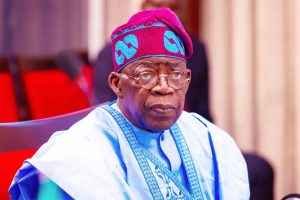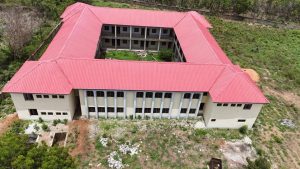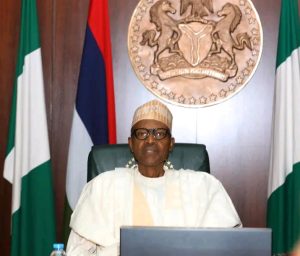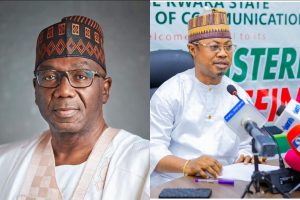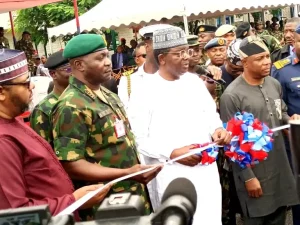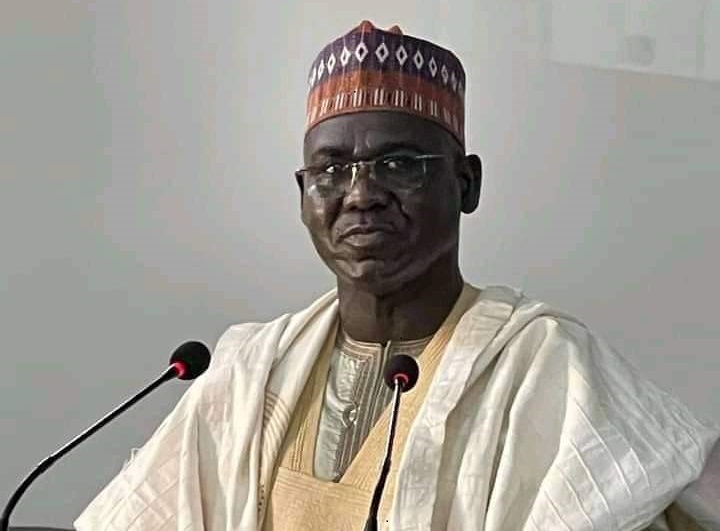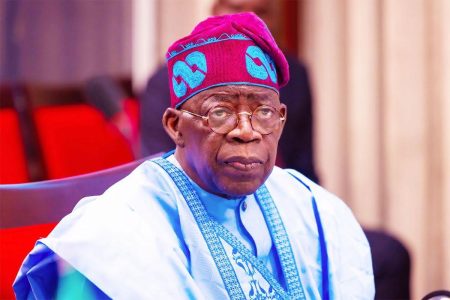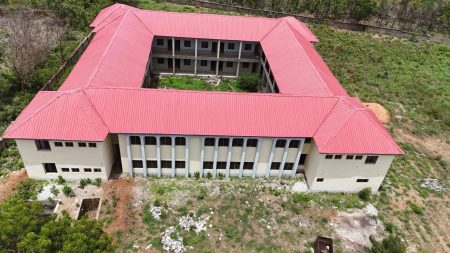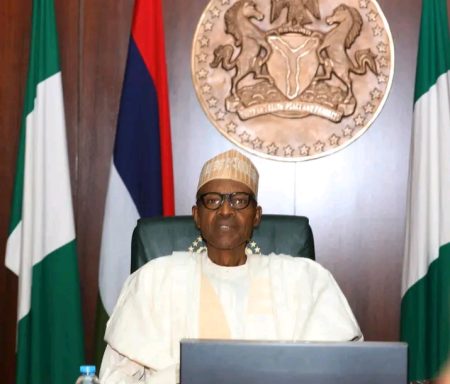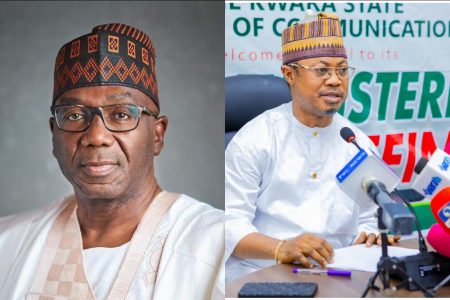Former Chief of Army Staff, Lt. Gen. Tukur Buratai (retd), narrowly escaped death on Friday when his convoy came under heavy gunfire in Borno State.
The attack, reportedly carried out by suspected Boko Haram insurgents, has heightened concerns over the growing insecurity in the region.
This development was disclosed by Senator Ali Ndume, who represents Borno South Senatorial District, during an interview on Politics Today, aired by Channels Television on Sunday evening.
Ndume revealed that the retired general and the soldiers accompanying him were ambushed near a frontline military base. While casualty details remain unclear, he confirmed that a fierce gun battle erupted between the attackers and Buratai’s security team.
“We are facing a serious security crisis. Just two days ago, Buratai was attacked near the frontline operations base,” Ndume said. “His team fought back bravely, but the insurgents still managed to destroy several military assets.”
The assailants were said to have targeted strategic equipment, including Mine-Resistant Ambush Protected Vehicles (MRAPs), tanks, and heavy weapons. In some instances, according to Ndume, insurgents not only destroy military assets but also seize weapons and vehicles.
“The situation in Borno is worsening. Insurgents now roam freely, burning and looting military installations. It’s becoming a full-scale crisis,” he added.
The senator also painted a grim picture of the wider national security situation, noting that violence, banditry, and economic sabotage have spread across all six geopolitical zones.
“Even in the South-South, oil theft and related crimes are rampant. At this point, the South-West is arguably the only region that remains relatively stable,” Ndume noted.
The ambush on Buratai comes amid growing calls for a comprehensive overhaul of Nigeria’s security architecture, especially in the insurgency-plagued North-East where Boko Haram and ISWAP factions continue to operate with alarming audacity.
Buratai served as Nigeria’s Chief of Army Staff from 2015 to 2021 and played a key role in the military’s counterinsurgency operations. Since his retirement, he has remained active in national security discourse.


